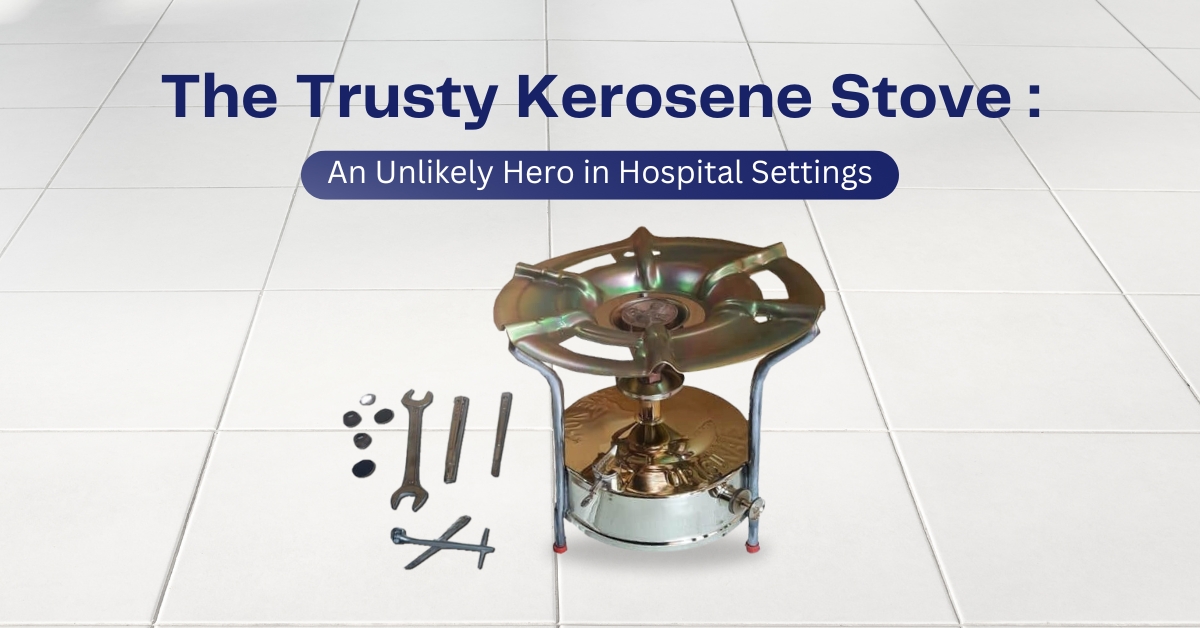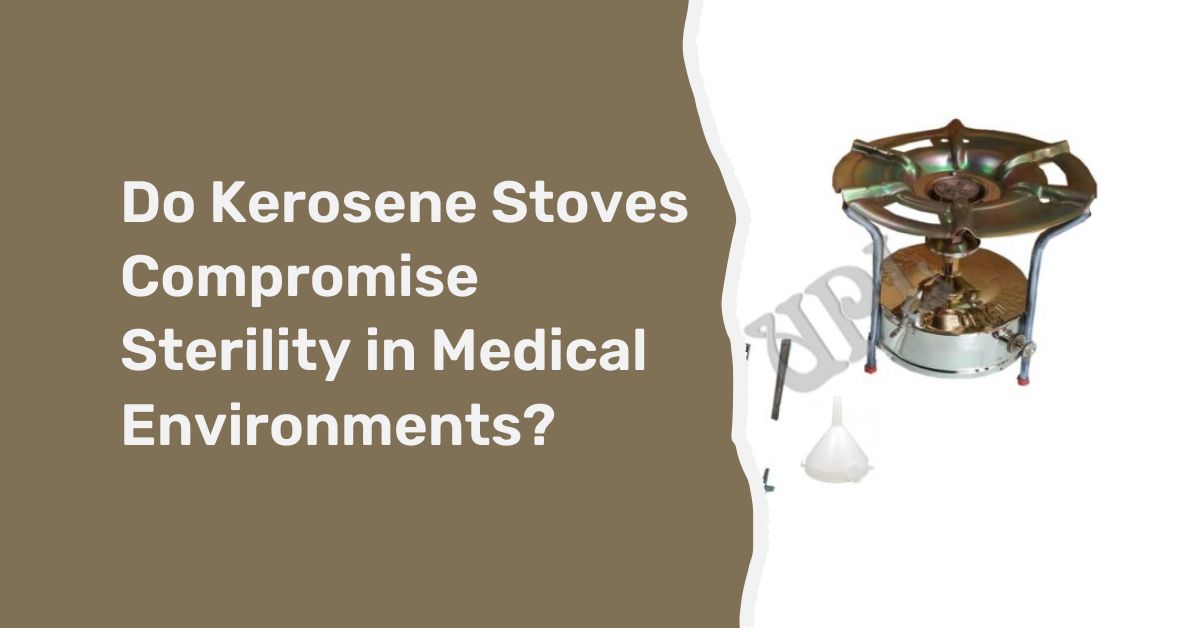When you think of medical equipment and tools used in hospitals, a kerosene stove is likely one of the last things that comes to mind. However, this humble and unassuming appliance has proven itself to be an invaluable asset in various hospital settings, particularly in resource-constrained environments or emergency situations. Let’s explore the surprising ways kerosene stoves are serving as unlikely heroes in the medical field.
Sterilization and Instrument Preparation
In many developing countries or remote areas, access to reliable sources of electricity or gas can be a significant challenge. In such situations, kerosene stoves play a crucial role in the sterilization and preparation of medical instruments and equipment. These stoves provide a simple yet effective means of boiling water or generating the high temperatures necessary for proper sterilization, ensuring that surgical tools and other medical devices are free from harmful pathogens and ready for use.
Emergency and Disaster Response
During natural disasters, conflicts, or other emergency situations, traditional energy sources may be disrupted, leaving hospitals and medical facilities without power or gas. In these critical moments, kerosene stoves become lifelines, enabling healthcare professionals to maintain essential services and perform critical tasks. From sterilizing equipment to heating water for cleaning and sanitization, these versatile stoves can help keep medical operations running when other resources are scarce.
Field Hospitals and Mobile Clinics
In remote areas or conflict zones, field hospitals and mobile clinics often rely on kerosene stoves as a dependable source of heat and energy. These stoves can be easily transported and set up in temporary medical facilities, allowing healthcare workers to sterilize instruments, prepare meals, and maintain a safe and hygienic environment for patients, even in the most challenging conditions.
Heating and Warming
Beyond sterilization and instrument preparation, kerosene stoves also serve important heating and warming functions in hospitals. In colder climates or during power outages, these stoves can be used to heat rooms, providing warmth and comfort to patients and staff. Additionally, they can be employed to warm blankets, fluids, or other medical supplies, ensuring optimal patient care and comfort.
Cost-Effectiveness and Accessibility
One of the key advantages of kerosene stoves in the medical field is their cost-effectiveness and accessibility. Compared to more complex or specialized equipment, kerosene stoves are relatively inexpensive and can be easily obtained and maintained, even in resource-limited settings. This affordability and availability make them a practical and sustainable choice for hospitals and healthcare facilities operating on limited budgets or in remote areas.
Safety Considerations
While kerosene stoves offer numerous benefits in hospital settings, it’s crucial to prioritize safety and proper usage. These stoves should be operated by trained personnel in well-ventilated areas to mitigate the risks associated with carbon monoxide poisoning and fire hazards. Additionally, appropriate storage and handling procedures for kerosene fuel must be followed to ensure the safety of patients, staff, and the surrounding environment.
In a world where modern technology and advanced medical equipment often take center stage, the humble kerosene stove reminds us that sometimes the simplest solutions can be the most effective. These unassuming appliances have proven their worth time and again, serving as reliable workhorses in hospitals and medical facilities around the globe. From sterilization and instrument preparation to emergency response and heating, kerosene stoves have earned their place as unlikely heroes in the medical field, providing essential support and enabling healthcare professionals to deliver quality care, even in the most challenging circumstances.






